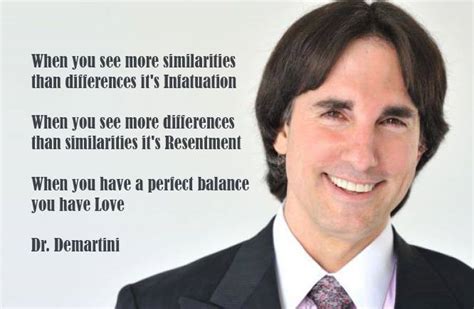A Quote by Charles M. Schwab
I disagreed with Carnegie's ideas on how to best to distribute his wealth. I spent mine! Spending creates more wealth for everybody.
Related Quotes
The Landlord is a gentleman who does not earn his wealth. He has a host of agents and clerks that receive for him. He does not even take the trouble to spend his wealth. He has a host of people around him to do the actual spending. He never sees it until he comes to enjoy it. His sole function, his chief pride, is the stately consumption of wealth produced by others.

































